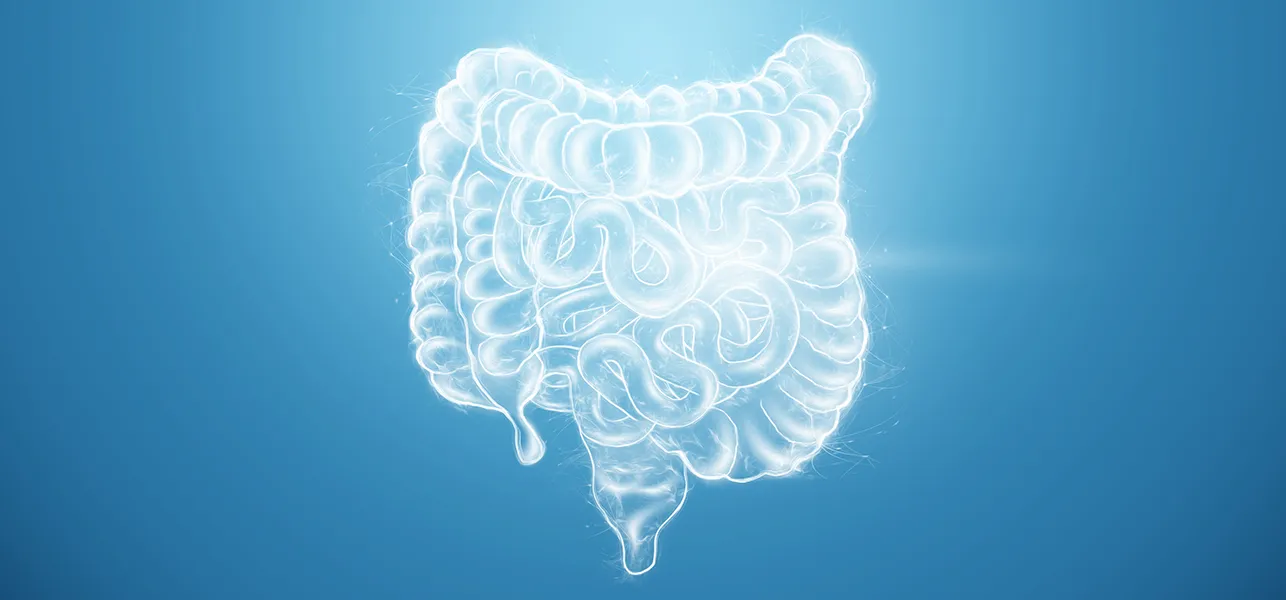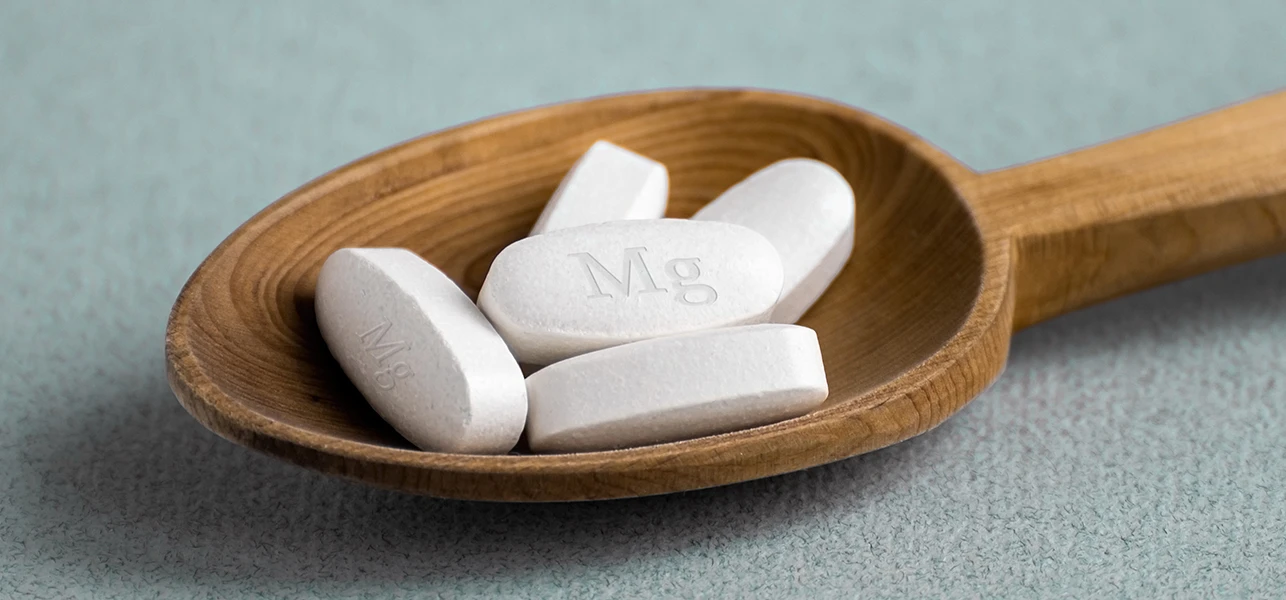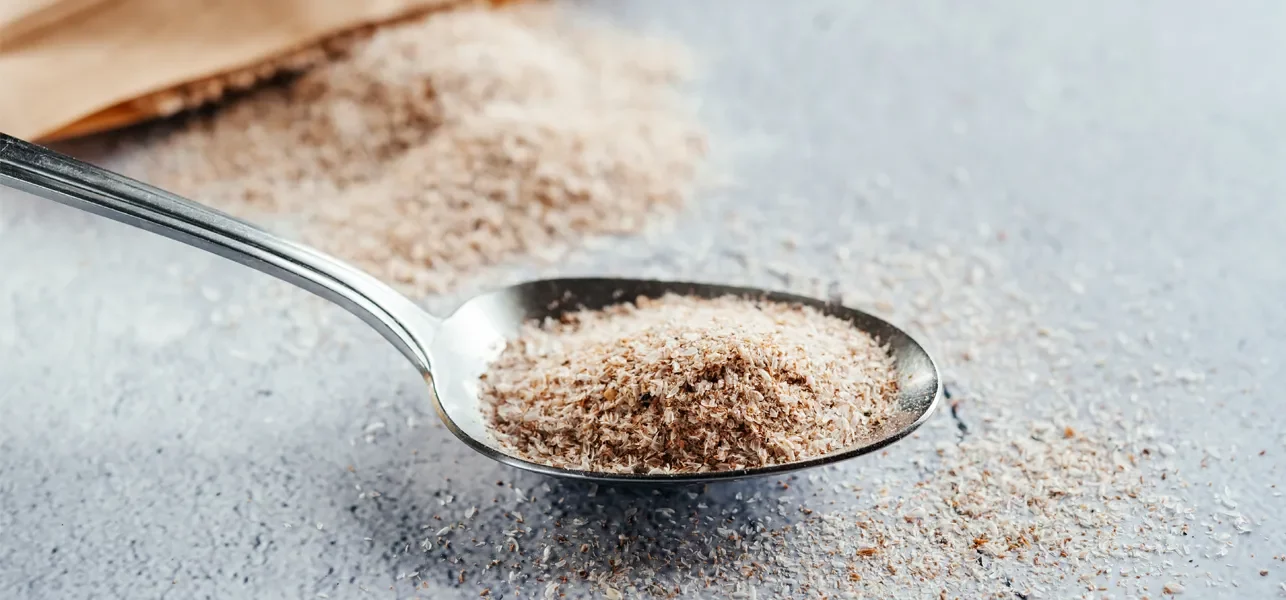Can You Take Probiotics While Pregnant? Here’s What You Need to Know

Pregnant women can benefit from taking probiotic supplements. They boost digestive health and could have a positive impact on the pregnancy itself. Our article covers whether or not probiotics are safe during pregnancy and how they can benefit the mother’s health.
Probiotics are living microorganisms that are found in food products like yogurt, kimchi, and sauerkraut, and they can also be found in supplement form. They are known to promote good gut health and could prevent constipation, which is a problem for some women during pregnancy. But are probiotics safe for pregnant women?
We’ve taken a closer look at the use of these supplements during pregnancy and whether or not it is beneficial for pregnant women to add them to their diet. Read on now to learn the facts.
Can You Take Probiotics While Pregnant?
Yes, you can take probiotics while you are pregnant. In fact, probiotic supplementation is thought to have benefits for pregnant women, including promoting a healthy gut and reducing the risk of eczema and allergies in infants.
As the beneficial bacteria that are found in these supplements are also found in probiotic foods, it is unlikely to have any negative impact on you or your baby’s health. Indeed, there is some evidence that they could even reduce the risk of preterm delivery and other pregnancy complications.
While they are deemed safe, it is important that you speak with your doctor before adding a new supplement to your routine when you are pregnant. They may advise against it depending on your health, and it is best to be safe.
Are probiotics safe during pregnancy?
The use of probiotic supplements is thought to be safe for pregnant women. Research has found no links between these supplements and adverse effects during pregnancy, and other studies have shown that they are tolerated well during breastfeeding, too.
While most studies have found probiotic use to be effective and safe, some research showed adverse effects in low-birth-weight infants. The effects resulted in bacterial infections, and the researchers concluded that more studies might be needed in this area to clarify any risk presented by a mother taking probiotics during pregnancy. It is important to note that these effects were recorded in infants rather than in the pregnant mother, but it is necessary to address all the same.
How Do Probiotics Work During Pregnancy?
Probiotic supplements work to increase the production of digestive enzymes and boost gut health during pregnancy. They balance the gut microbiome to ensure good digestive system functioning and support immune system health.
While you are pregnant, you are eating for two, so a healthy gut is more important than ever. Adding a supplement filled with these good bacteria into your routine helps to promote gut health, ensuring food is broken down quickly, and your baby gets all the nutrition it needs to grow strong and healthy. A healthy digestive system means your digestive cells can properly absorb nutrients.

Advertisement
Probiotics have also been found to relieve constipation, which is common in pregnant women due to the changes in their body and activity level. As many constipation relief remedies are not suitable for pregnancy, a probiotic supplement can help to improve stool consistency and regularity.
Lastly, as the gut microbiome plays a role in hormone-related illnesses like diabetes, there is some evidence that probiotic use during pregnancy could reduce the risk of gestational diabetes. The link between gestational diabetes and these supplements is still considered a controversial topic. Speak to your doctor about it if you are concerned, as they can offer you the best advice for your situation.
Benefits of Probiotics During Pregnancy
The use of probiotics by pregnant women can have some benefits for maternal and infant health. Below, we have closely examined some of the ways that these supplements could support better health during and after pregnancy.
#1 Better gut health
Taking a multi-strain probiotic has been found to promote gut health in pregnant women. The balance of your gut bacteria is always important, but during pregnancy, with all the changes going on in your body, it can be difficult to stay on top of your health.
The digestive system is responsible for nutrient absorption and plays a role in the immune system, too. It is important to keep your gut in good health to stay as healthy as possible and ensure your baby gets all the nutrients it needs.
While the benefits of probiotics for gut health are accepted, more research is still needed to understand why a diverse gut flora is indicative of good health and how this relates to pregnant people.
Other ways to improve your gut health when pregnant include eating a balanced and wide-ranging diet and getting enough fiber. You can find fiber in many fruits and vegetables.
#2 May reduce a child’s risk of allergies
The gut and the immune system are inextricably linked, and probiotic bacteria are thought to help regulate the immune response. This suggests that taking these supplements during pregnancy could have some impact on your child’s own immune response.
In fact, one research study has found that probiotic use in early pregnancy could significantly impact the development of allergies, particularly in children whose mothers are atopic. However, other studies have shown little impact, and more research is needed to fully understand their effect on allergies in newborns.
#3 May reduce the risk of some pregnancy complications
Some research has found that probiotic use could decrease the risk of preterm birth. A baby born before 37 weeks of pregnancy is classified as a preterm baby. Preterm birth increases the risk of death and disability, and infants who survive may develop problems, including breathing and feeding difficulties, as well as developmental delay.
Mothers who took probiotics during their pregnancy were also found to be at a reduced risk of death themselves, as well as life-threatening infections that can occur during pregnancy, like necrotizing fasciitis. While these infections are rare, they present complications for pregnant mothers.
How Can I Heal My Gut During Pregnancy?
You can heal your gut during pregnancy in a few different ways. To begin with, you can shift to eating a whole and healthy diet. A varied diet ensures that you get tons of prebiotic, soluble, and insoluble fiber into your system naturally. Fiber is essential for good digestive health, and your body needs all types of fiber to function properly. If you’re concerned you’re not getting enough, you could speak with your doctor about adding a fiber supplement to your routine.

You should also avoid processed foods as much as possible. Refined foods rarely have enough fiber in them and constitute empty calories, which means you’re not properly nourishing your body. During pregnancy, you need to ensure both you and your child are getting all the nutrients you need to remain healthy.
Lastly, we recommend adding a probiotic supplement to your diet. There are many products out there that are suitable for people who are pregnant.
FAQs
It is thought that taking probiotics early on in your pregnancy will have the most health benefits for you and your child. Supplementation from around 14 weeks is usually recommended.
Yes, probiotic use may help reduce the risk of your child developing allergies and eczema. It is also thought to reduce the risks of preterm delivery and other complications that could harm the baby.
A Word From a Nutritionist
Taking probiotics during pregnancy is considered a safe way to promote a healthy gut and may have benefits for maternal health during and after childbirth. The benefits of taking them include rebalancing the gut microbiome, reducing the risk of complications, and decreasing the chance your child will suffer from allergies.
While probiotic use during pregnancy is thought to be safe, we would always recommend speaking with your doctor before you add a supplement to your routine to ensure you are safe to do so. Most women can take these supplements without any problems, but there are some risk factors your doctor may want to rule out first.
On top of taking a supplement, you could also increase your good bacteria intake by eating more probiotic foods, like kimchi, sauerkraut, kefir, and yogurt. These fermented foods naturally contain microorganisms that are good for gut bacteria.
If you are thinking of taking a supplement, opt for pregnancy probiotics that are labeled as safe for you to consume.
Conclusion
Probiotic use is deemed safe for pregnant people. However, it is always best to check with your doctor if you are beginning a new dietary supplement while you are pregnant. While most supplements are totally safe, some people may not be able to take them.







Comments (0)